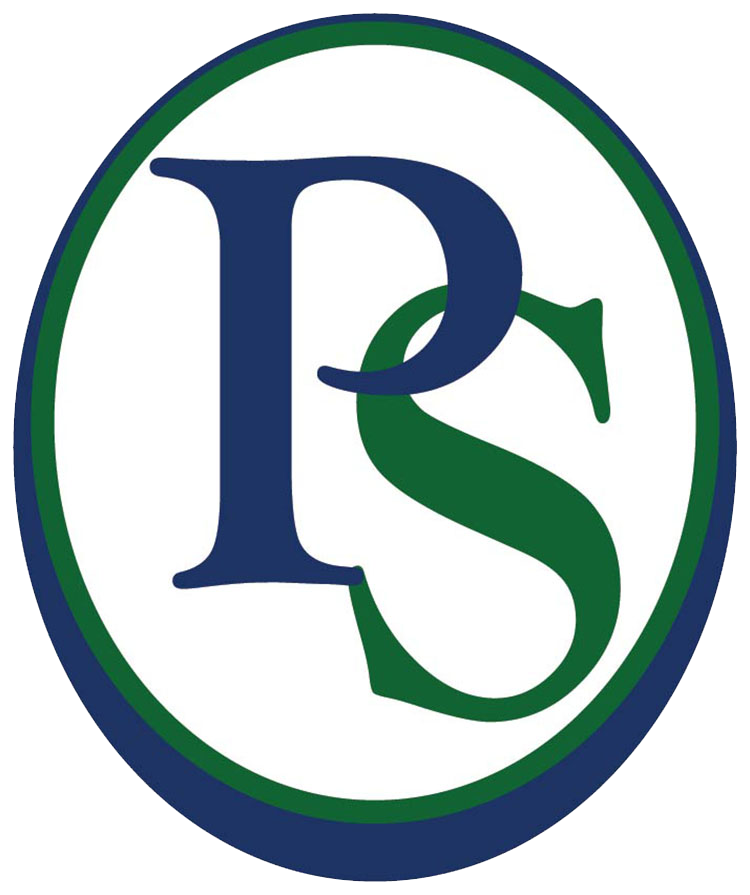Patents
Understanding Patents
Patents are limited monopolies granted to inventors for disclosing their novel and non-obvious innovations to the public. Patents give the patentee the right to exclude others from “making, using, or selling” the invention in the United States or “importing” the invention into the United States from overseas.
There are different kinds of patents:
Utility
(protects the use of the invention)
Design
(protects the ornamental design)
Plant
(protects certain asexually reproduced novel plants)
To obtain a patent, an inventor must file an application with the United States Patent and Trademark Office (USPTO). Patents may also be obtained directly in foreign countries or through a Patent Cooperation Treaty (PCT) application that is filed within one year of the U.S. application.
Most businesses today, whether large or small, need to be aware of potentially patentable inventions within their companies, so that they are aware of any potentially protectable intellectual property. Also, it is important for companies to determine if they are infringing someone else’s patent or intellectual property before they try and monetize it.
Consider the following example: your business wants to create widgets because they have a new and useful way of creating them and then sell the widgets to make a profit.
There are several questions your company must ask before and during the planning, production, and sale of these widgets:
- Is the widget patentable?
- If so, can you patent it as a utility patent, design patent, or both?
- If it is patentable, has it already been patented? (If it has, then manufacturing and selling them may bring on an infringement suit with hefty litigation and infringement costs)
- Can it be designed around in order to avoid infringement?
- Does business X own the rights to the invention as assignees of the inventor/employee?
- Are there other ways of protecting the new widget?
- And more . . .
Ignoring these and other questions may cost time, money, and may even cost you your business. This is where Plager Schack LLP® can help.
Our practice can help to ask and answer all the right legal questions for you, and keep your business out of harm’s way. The answers we divulge may also bring to light unidentified intellectual property resources that will give your business a leading edge on the competition.
If you have an invention that needs a patent, or you are unsure where you stand, let Plager Schack LLP® be your partner and guide you on the right path to patent and business success.
